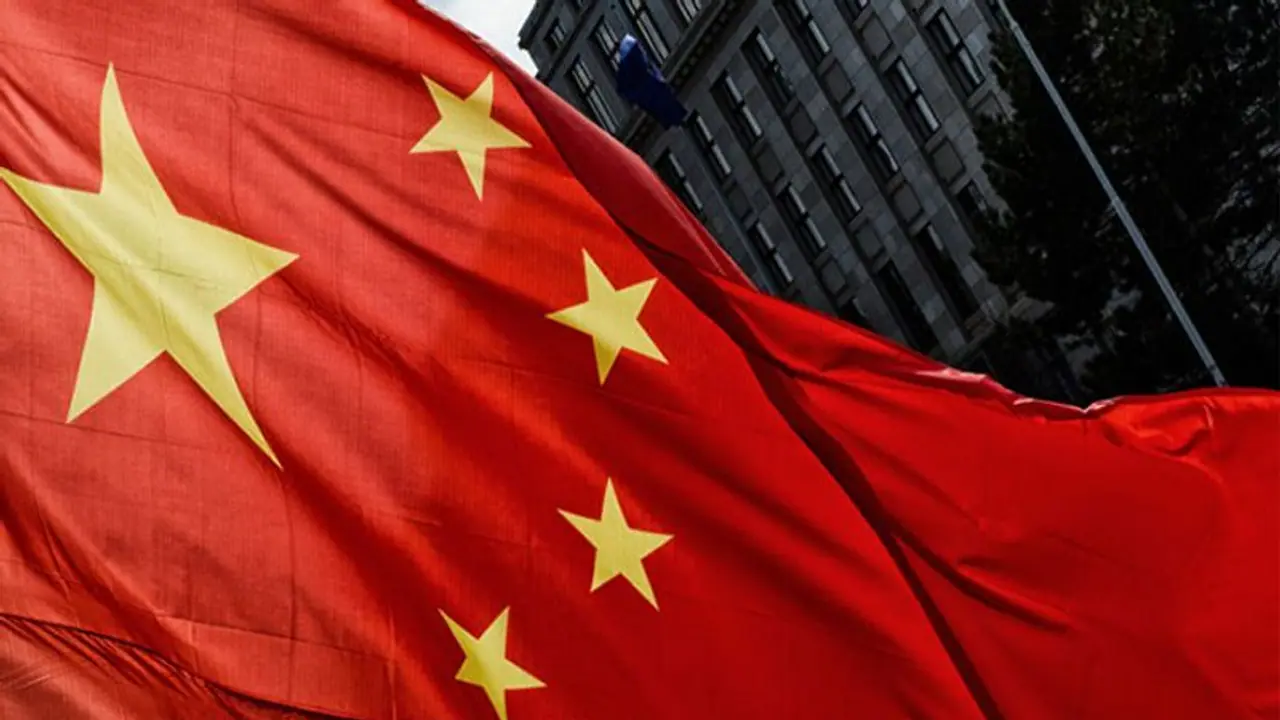While it is an undoubted fact that China today is mighty, the foundations of a post-independent China has been built on lies, deceit, and suppression of democratic values.
The last few weeks have been quite exhausting for everyone alike. Collectively, we have all faced a pandemic, braced ourselves against cyclones, got rid of locusts, fought against the insurgents in K-valley, mourned the death of respected artists, shrugged away the unparalleled cartographic aggression displayed by Nepal and finally, warmed up to the fact that the standoff between India and China can get worse from now.
Also read: #UnmaskingChina: Should India explore limited military options against China?
Alfred Thayer Mahan, the most important geostrategist of the 19th century had made a rather prophetic set of comments, predicting the rise of China in the 21st century. Two of them are particularly relevant in this situation. First, in a letter addressed to the editor of The New York Times written in 1893, he foresaw the necessity for the US to annex Hawaii to gain control of the North Pacific. Should the United States fail to do that, he feared that the region would come under the control of the Chinese maritime prowess. Second, he also noted that at some point, the world would be globalised, and science and technology will be shared among the nations of the world. China has been ‘Mahanian’ in its naval approach. They have seized every single opportunity to bid for an anti-access buffer in the Indian Ocean Region (IOR). Three decades from now, both India and China will be celebrating their centennial year of establishing their respective republics. The Chinese Communist Party has made its goals clear, but can a democracy like ours succeed in not just formulating them, but turning them into a reality? We have some reasons to remain optimistic.
In almost every meeting of the CPC National Congress, it is emphasised that China will soon become a “great modern socialist country” by upholding its values of “socialism with Chinese characteristics”. While it is an undoubted fact that China today is mighty, the foundations of a post-independent China has been built on lies, deceit, and suppression of democratic values. In simple terms, China has built itself around a false legacy that it wants its citizens to inherit. The biggest driver of Beijing’s strength roots from a technological dependency on the West. Subtract all that, China is nothing but an economic powerhouse that can trap smaller countries in economic debts by dumping loans in the name of creating infrastructure and jobs. China expresses concerns of the racial tensions in the US but fails to acknowledge the discrimination against Africans in Guangzhou. They express concern for minorities but continue to suppress Uighur Muslims in Xinjiang. They accuse us of being transgressive but continue to harass the Southeast Asian nations. India’s democracy, on the other hand, however imperfect, has fundamentally different collective values.
There are a set of differences that set India’s democracy apart from the Chinese communist regime. For one, we are largely democratic, and our institutions are independent. The press is politically free (to a certain extent, at least) and volunteerism remains the spirit of recruitment into our armed forces. Xi Jinping has been busy deflecting all the internal splits within the CCP. The skirmishes in the South China Sea, Galwan Valley seem to provide an escape for him. That will not hold for long. But that being said, Mahan’s worldview of technology and science being globalised is a double-edged sword in China’s hand. While it may be able to use technology to monitor dissent within, the same technology will expose the cracks within, just the way it did with Dr Li Wenliang. As I recall someone saying that China can only be defeated from within, the saying seems wiser now than ever.
(Written by Sharan KA & Anil Shetty)
